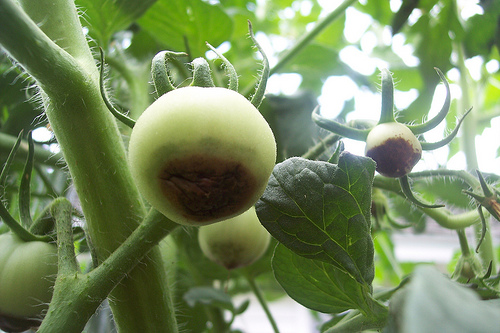… Food stamp recipients are forced to make some hard choices when it comes to their grocery purchases. Tasked with stretching a food allotment many purchase affordable processed foods; foods high in sodium , sugar and fat. Poor people in general, whether receiving food stamps or not, struggle with making their dollar go as far as humanly possible when it comes to putting food on the table. Families living in poverty stricken areas of urban cities are even farther worse off. Grocery stores in these area often have poorly stocked produce and meat departments. I lived in a poorer area of Norfolk, Va after college where there wasn’t a real grocery store within walking distance. Many times I shopped at a local convenience store which carried limited food items and no vegetables; fresh, frozen, or canned, at all.
After I became more professionally established and my income reflected it, I moved to a more affluent area of the same city. Across town, on the other side of Norfolk is an equally urban area by the Chrysler Museum called Ghent. No one living in Ghent was buying their groceries from a corner convenience store, trust me. They were purchasing their food from one of the many available markets within close proximity to their homes and paying top dollar for their locally grown produce and organic meat.
Even the chain stores in this area where more expensive and carried a larger variety of food items. Places like Whole Foods and Harris Teeter traditionally charge more for the same products found at Food Lion, their affordable counterpart. Why? Why are the nicer grocery stores that offer greater variety restricted to more affluent areas? Why is organic food so damn expensive? Is it really more expensive to eat healthy? To the last question, yes.
Poor people struggling to make ends meet should not have their dietary choices limited to cheap starchy processed foods. They deserve to eat as healthy as the next person. At least I think so. So that begs my next question; does poverty contribute to obesity? One would logically think so given the examples of food options I just stated above. Also, a lot of poor people often work more than one job as well which makes buying processed foods another necessity when considering the time involved in food preparation.
It’s been over a decade since I have lived in an urban area. I prefer and thrive in a more rural environment. The benefits to living outside the city limits include lower taxes, better property value and peace and quiet. I could never afford the house and land in which I have now inside the county limits.
What to do with all this land; logically, become as self sustaining as possible. Not just for my own personal enjoyment but due to current economic factors, myself and some neighbors, all grow our own produce. What we have in surplus we trade among ourselves. My fig trees give a large yield, more than I can jam or eat. My neighbor has no fig tree but she does have an apple tree. You get the idea. My next course of action is chickens so I never again have to pay $5 for a dozen “organic” eggs. This too may be a collaborative effort with my neighbors.
I am lucky to live in a rural spot of North Carolina surrounded by like minded families who help each other out. My neighbor has nine kids and she’s showed the financial advantages its had on her family since she’s been growing her own produce over the past ten years. I’m at the early stages of my gradening so I haven’t seen the same results. I broke down the money I’ve invested so far here. As I noted, the amount I initially spent could very well have fed my son & I for a month on crap processed junk from the local Wal-Mart. I recognize that many people poorer than I may not have an additional $100 handy to start a little produce garden. They may not even have the land, only an apartment balcony, nor the time to maintain a garden.
So what do they do? Obesity has always been a talking point behind health care reform. If we are so quick to call birth control preventive care than healthy food should also fall into that category since eating healthy foods rich in nutrients and vitamins prevents a whole slew of ailments and diseases. Personally I am against government involvement in my daily life and no more expect the government to feed me than be in control of my reproduction. But I will acknowledge an unfair disparity between poverty and eating healthy.
Related Links: The Connection Between Obesity and Poverty
Local farmers worry that regular folks getting backyard chickens is a bad thing. To which I say bosh! My favorite is the suggestion that abandoned chickens would create a problem at animal shelters. Um, shelter chickens? Call me crazy, but how about you just eat them?















